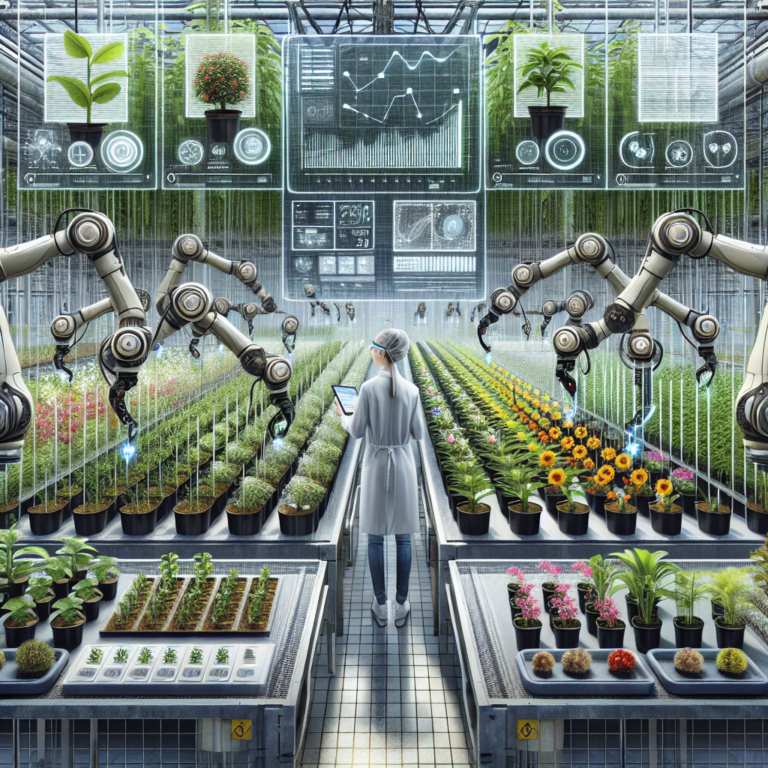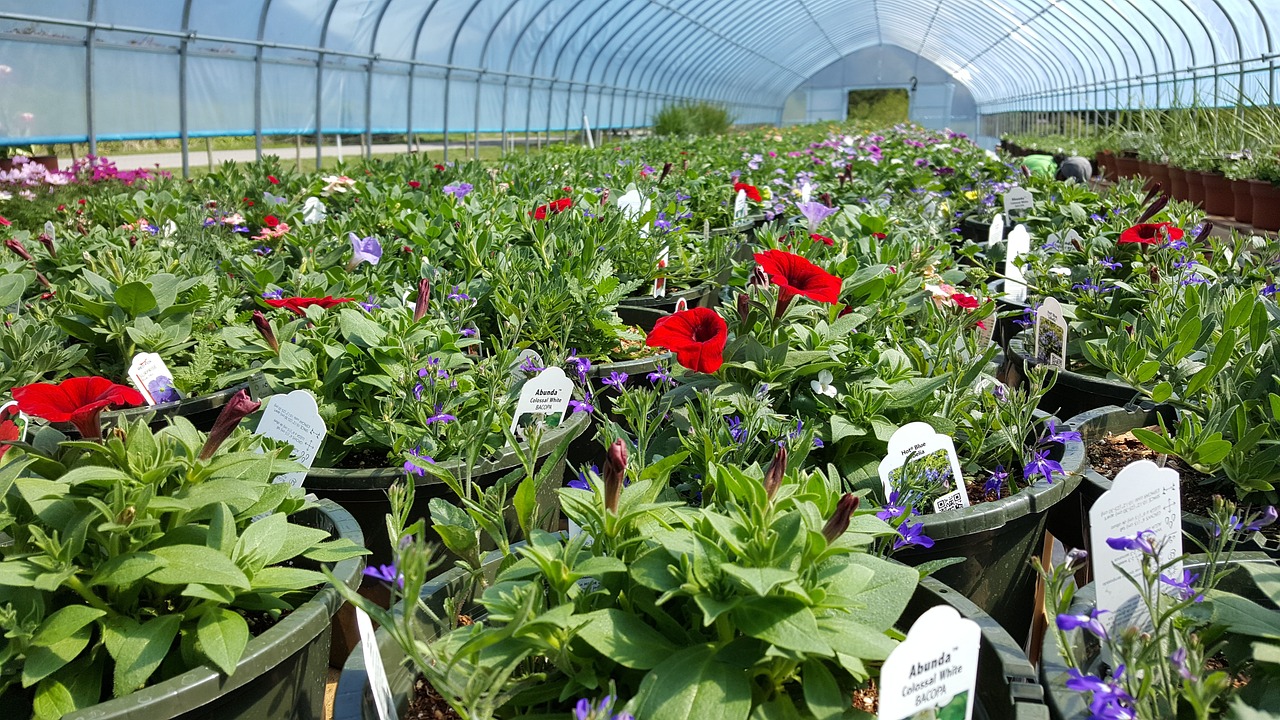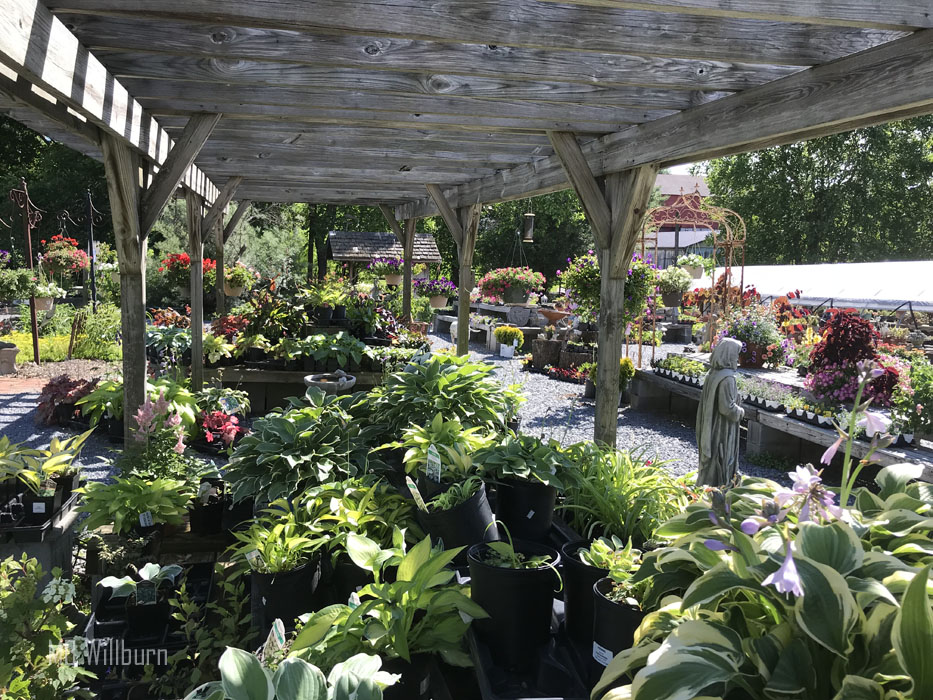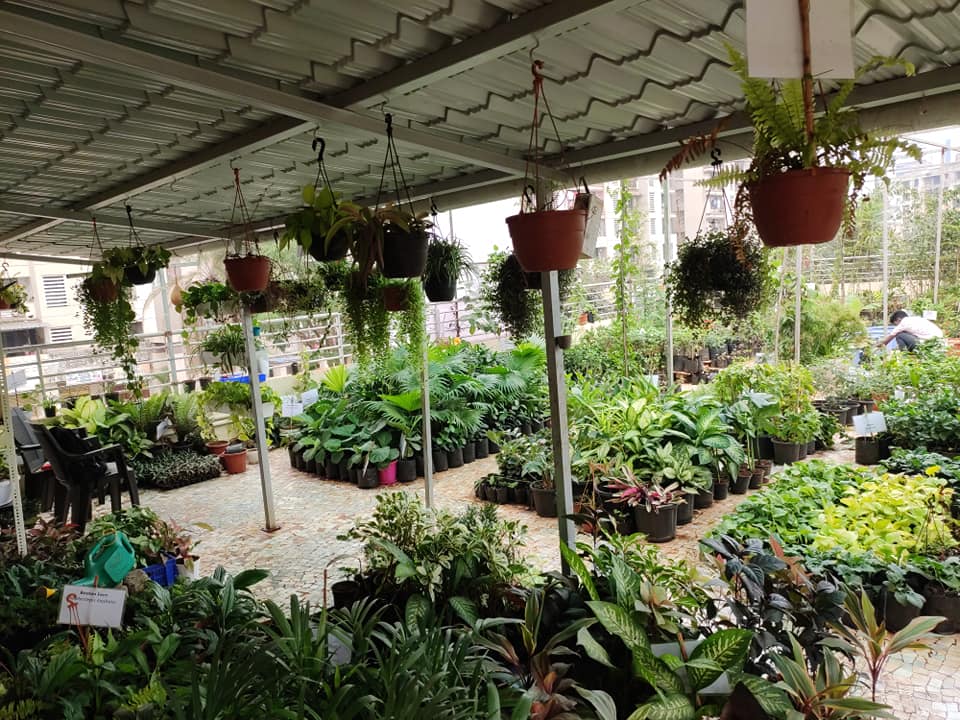The horticulture industry has been flourishing with the demand for plants ever since people have recognized the benefits that come with green spaces. However, the challenge of efficiently managing a plant nursery, ensuring healthy growth, and maximizing business potential remains. The integration of technology in plant nurseries is revolutionizing the way these green havens are managed. In this comprehensive article, we will delve into the pivotal role technology plays in enhancing plant nursery growth and efficiency.
Understanding the Need for Greenhouse Management Technology
In the world of plant nurseries, every detail counts, from soil moisture to ambient temperature, and getting it right consistently requires precision. The traditional methods of nursery management often involve manual labor and constant supervision, which can be both time-consuming and prone to human error. Enter greenhouse management technology, a set of tools and systems designed to automate and streamline the complex processes of growing plants in a controlled environment.
The Efficiency Factor
Technology in greenhouse management translates to efficiency in several ways. Automated watering systems ensure plants receive the exact amount of water they need, reducing waste and saving on water bills. Climate control systems maintain the perfect balance of temperature and humidity, creating an ideal growing environment year-round. This level of efficiency not only conserves resources but also frees up time for nursery staff to focus on other aspects of the business, such as customer service and strategic planning.
Data-Driven Decisions
Modern plant nursery technology equips managers with real-time data that can be used to make informed decisions. Sensors can track everything from light levels to nutrient content, providing a comprehensive overview of the nursery’s conditions. With this information at their fingertips, managers can quickly adjust parameters to optimize plant growth and address any issues before they become problems.
Innovative Solutions in Plant Nursery Technology
As technology advances, so do the solutions available to plant nursery managers. Innovative systems are being developed to tackle specific challenges within the industry, making it easier than ever to grow healthy plants and run a successful business.
Smart Watering Systems
One of the most critical aspects of plant care is watering, and smart watering systems are changing the game. These systems can adjust the amount of water delivered to each plant based on its specific needs, which are determined by sensors that measure soil moisture levels. Not only does this prevent over or under-watering, but it also promotes sustainable water use, a crucial consideration in today’s environmentally conscious market.
Climate Control and Monitoring
Advanced climate control systems maintain the perfect environment for plant growth. These systems can automatically adjust settings for heating, cooling, ventilation, and shading based on external weather conditions and internal temperature fluctuations. With remote monitoring capabilities, managers can oversee and control the nursery environment from anywhere, ensuring optimal conditions are maintained at all times.
Plant Growth Analytics
Technology has also made it possible to analyze and predict plant growth patterns. Using data collected from various sensors, nursery managers can forecast how certain conditions will affect plant development. This predictive analysis helps in planning and can lead to increased yields and healthier plants.
The Impact of Plant Management Systems on Nursery Operations
Implementing plant management systems in a nursery can significantly impact daily operations, with benefits that extend beyond the health of the plants.
Streamlining Workflows
Automated systems reduce the need for manual tasks, allowing staff to focus on more complex duties that require human expertise. This streamlining of workflows can lead to increased productivity and can help nurseries scale their operations without proportionally increasing labor costs.
Enhancing Product Quality
When plants are grown under consistently ideal conditions, the quality of the product improves. Technology enables nurseries to provide the exact environment each plant species needs to thrive, resulting in healthier, more robust plants that are more attractive to customers.
Reducing Environmental Impact
Sustainability is a growing concern for consumers, and nurseries that adopt eco-friendly practices have a competitive edge. By using technology to optimize resource use, nurseries can reduce their environmental footprint and appeal to environmentally conscious customers.
Overcoming Challenges with Technology Adoption
While the benefits of integrating technology into plant nurries are clear, there are challenges that nurseries may face when adopting these new systems.
Cost of Implementation
The initial investment in technology can be significant, and some nurseries may find it difficult to allocate the necessary funds. However, the long-term savings and increased efficiency often justify the upfront costs.
Training and Adaptation
Introducing new technology requires training staff to use it effectively. Nurseries must be prepared to invest time and resources into ensuring their team is comfortable and proficient with the new systems.
Keeping Up with Advancements
Technology is always advancing, and keeping up with the latest developments can be daunting. Nurseries need to stay informed about new solutions and be willing to adapt their operations to incorporate these innovations.
The Future of Plant Nursery Technology
The horticulture industry is poised for a technological revolution, with advancements in artificial intelligence, machine learning, and the Internet of Things (IoT) leading the way.
Automation and Robotics
Robotic solutions are beginning to emerge in the plant nursery space, with the potential to automate tasks such as planting, pruning, and harvesting. These advancements could further reduce labor costs and increase efficiency.
AI-Driven Insights
Artificial intelligence has the capability to analyze vast amounts of data and provide actionable insights that can revolutionize plant care. AI could predict disease outbreaks, optimize growth conditions, and personalize care for individual plants on a scale previously unimaginable.
IoT and Connectivity
The Internet of Things connects devices and systems, allowing for seamless communication and data exchange. In a plant nursery, this connectivity can lead to smarter, more responsive management systems that adjust automatically to changing conditions.
In Conclusion
The role of technology in plant nurries is transformative, offering solutions to enhance growth, improve efficiency, and ensure sustainability. As the industry continues to evolve, the nurseries that embrace these technological advancements will be the ones that thrive. By investing in greenhouse management and plant nursery technology, businesses can look forward to a future of robust growth, both for their plants and their bottom line.








